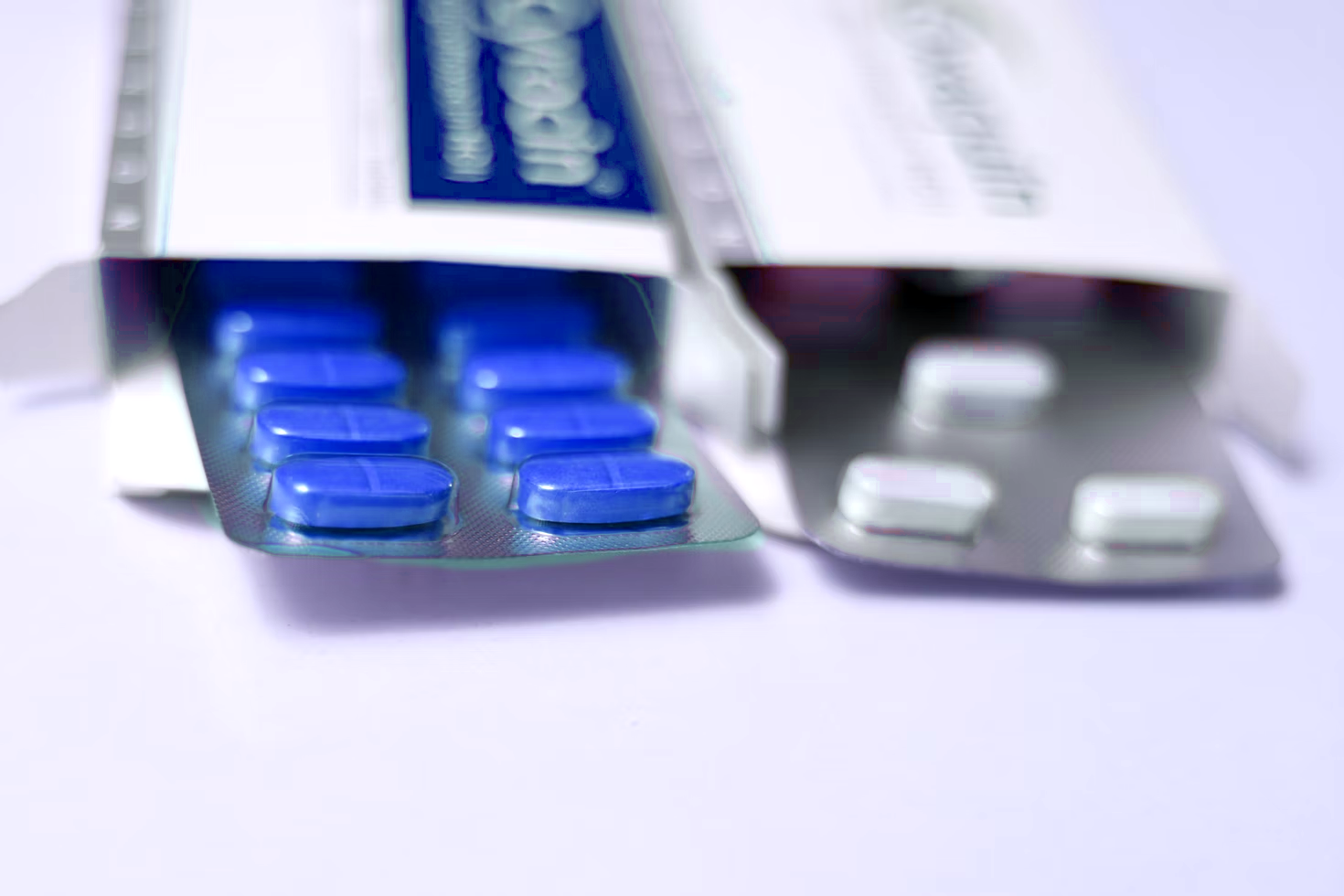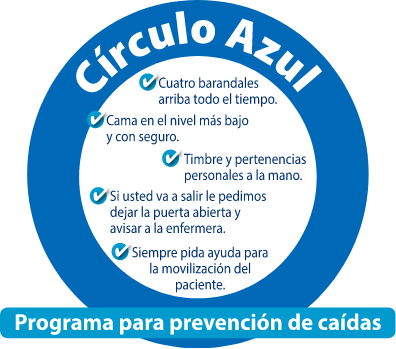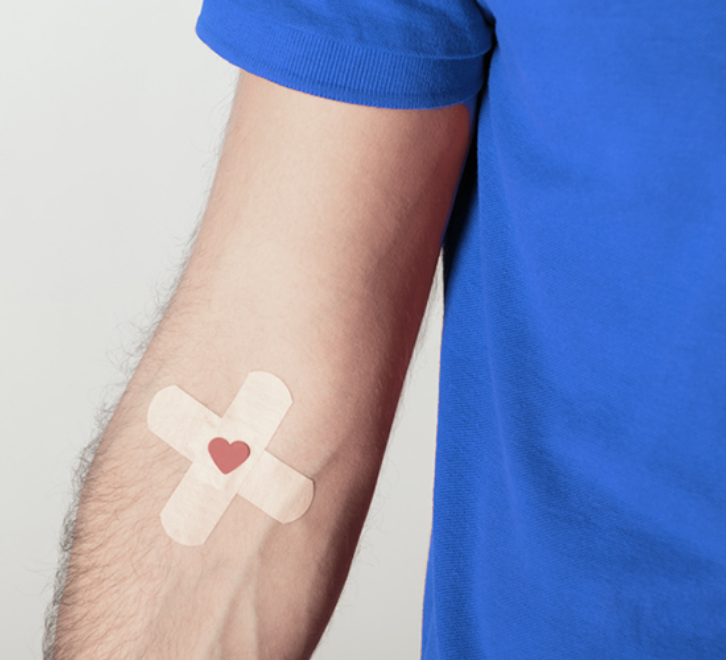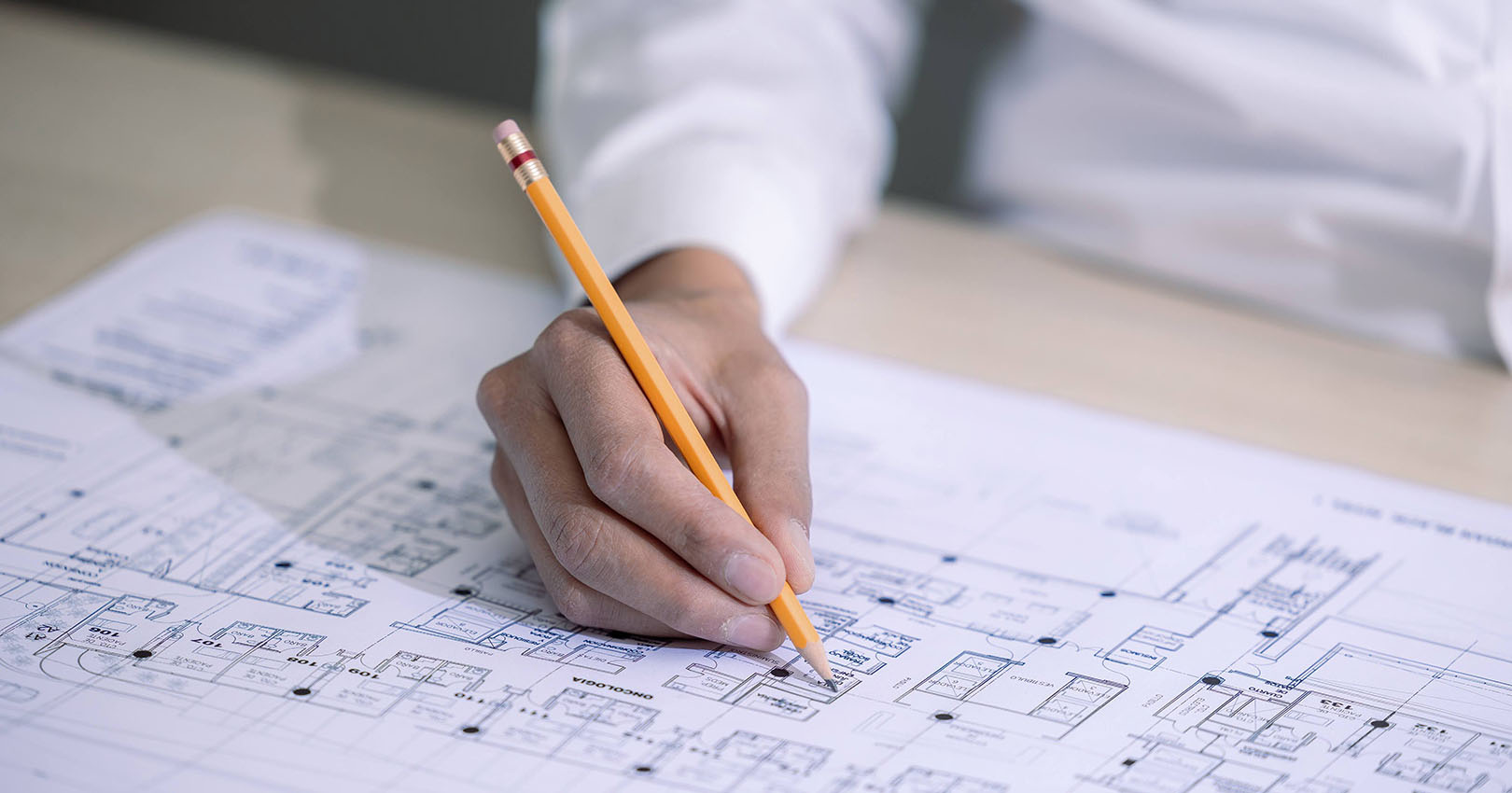Upon entering ABC Medical Center, your condition will be assessed by doctors and nurses who will attend to you to have the necessary information to provide the care required. You will be asked, among other things, for information about your physical condition, allergies, and medical history. We would appreciate providing all the information when it is required for you to have efficient and timely care.
Medical evaluation upon admission
Pharmacovigilance
Medications can cause side effects, so you may have an adverse reaction when you take any medication. If that is the case, you must notify us immediately.
Report adverse drug reactions at the following links:
Report of suspected adverse reactions
Suspected reaction notification report
The information you provide will be shared with health authorities:
Federal Commission for Protection from Sanitary Risks (Cofepris)
800 033 5050
cofepris.gob.mx
farmacovigilancia@cofepris.gob.mx
State Center for Pharmacovigilance and Technovigilance of Mexico City
apsgcdmx.farmacovigilancia@cdmx.gob.mx
For more information visit the Drug Control Unit page pharmacovigilance
Medicines

According to the World Health Organization (WHO), self-medication is defined as the selection and use of medicines by people to treat recognized diseases or symptoms. However, the WHO defines this process as being performed responsibly and guaranteeing the appropriate use of medications. When medication risks are not assessed when used in certain diseases, under conditions of vulnerability, or by adding more medications to what is already taken, self-medication becomes a health risk.
Self-medication risk is not only due to the effects that may at some point arise from the indiscriminate or inappropriate use of the medication, but also because it masks symptoms that evaluate the disease evolution or make it impossible to identify another one because they can extend it, generate resistance to the treatment response, or worsen the same disease by causing unwanted effects or cross-effects with other medications in more vulnerable groups such as children, pregnant women, breastfeeding women, older adults, and in patients who have various pathologies or health problems.
Did you know that on March 29, 2017, the World Health Organization issued a global initiative to reduce medication-related errors by half? One of the main errors made with medications has to do with the continuity of patient treatment, that is, in verifying that the correct medication is being received, at the correct dose, at the correct time and considering the rest of the procedures, lab tests, and medications (remember that medications can change the results of some lab tests).
That is why at ABC Medical Center it is essential for us that, during your examination and interview, you report the medications you normally take and the time at which you take them. Your treating physician will verify the need to continue or suspend some of them during your hospitalization.
Upon admission, we share a form informing you of the measures we take to care for you and provide you with safety and protection. In it, we inform you that only those medications that your treating physician has indicated will be administered by the nurses, which are verified and provided by our In-hospital Pharmacy.
For the above reasons, we ask that you do not take or self-administer your medications. Help us take care of you.
Acknowledgments that support ABC Medical Center’s commitment to patient safety.
- General Health Council (national body) and Joint Commission International (JCI, international body) certifications and accreditations to clinical care protocols and criteria.
- Certification from the College of American Pathologists for our Clinical Laboratory, Surgical Pathology, and Blood Bank.
- Accreditation of the American College of Radiology in care safety, image quality, and diagnostic certainty for mammography and radiology tests.
To guarantee the patients’ safety during the care process, ABC Medical Center has also incorporated the following Safety Goals:
- Correct patient identification.
- Improve effective communication.
- Safety in the handling of high-risk medications.
- Ensure correct patient, correct place, and correct procedure.
- Reduce the risk of infection associated with medical care.
- Fall prevention.
Identification bracelet
When you enter ABC Medical Center, you will be given an identification bracelet, which you must wear during your entire stay for your safety. This allows us to verify your identity before each procedure. The staff will confirm your name and date of birth before performing any procedure or giving you any medication.
Fall prevention
When detecting a patient at risk, a blue bracelet and a blue circle are placed at the entrance of their room and in their file folder.
If you are a patient at risk of falling, we ask that you consider the following recommendations:
- You must keep all four-bed rails up at all times.
- You should keep your bed at the lowest and safest level.
- The button to call the Nurses and your personal belongings must be at hand.
- We ask you to leave the door open and notify the nurse if you are going to leave your room.
- Always ask for help to move.

Isolation
It is a protection measure for patients and relatives related to some care processes. In case you find yourself in this situation, we ask you to follow the corresponding indications placed on the door of your room.

Donors
ABC's Blood
Blood bank inquiries
Campus Observatorio
55 5230 8000 ext. 8920
Campus Santa Fe
55 1103 1600 exts. 1830 y 1831




